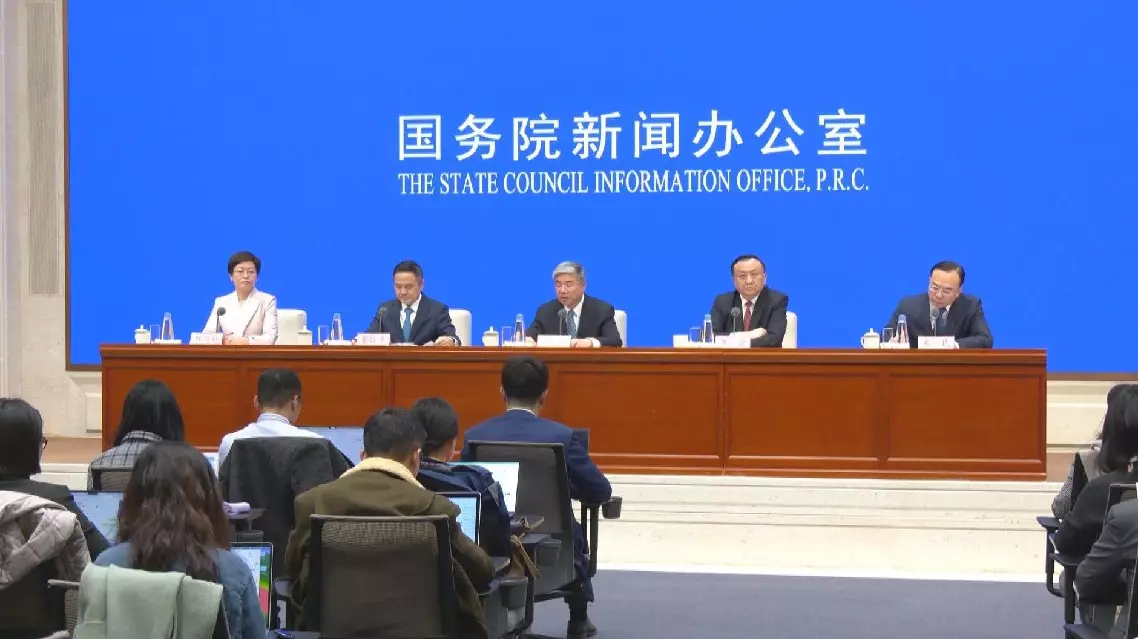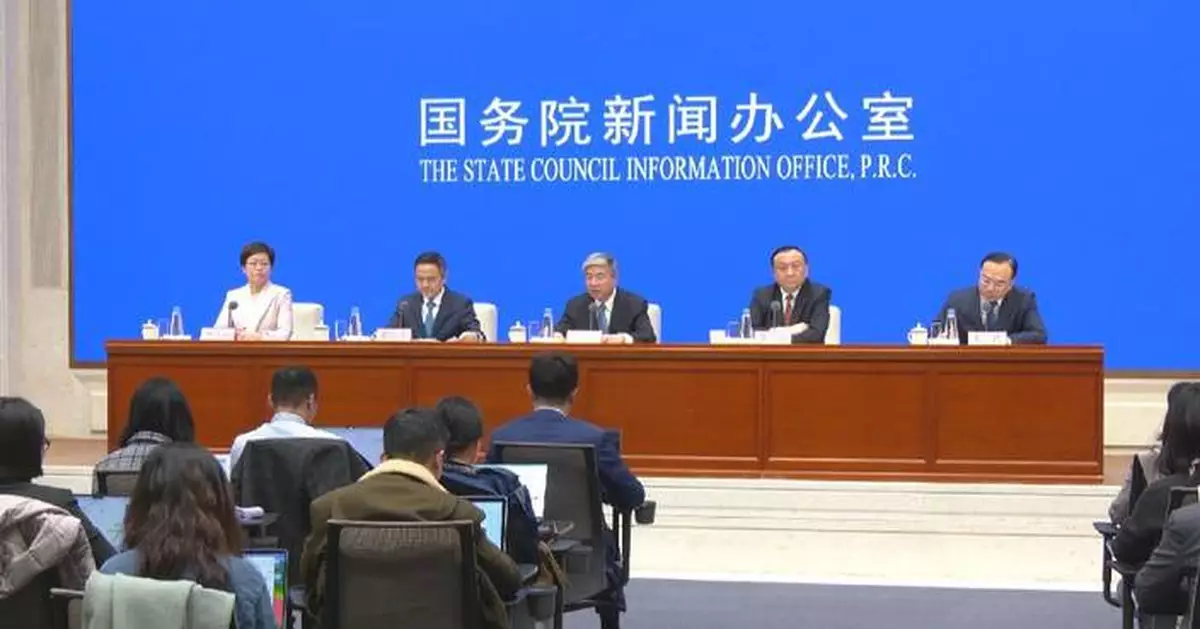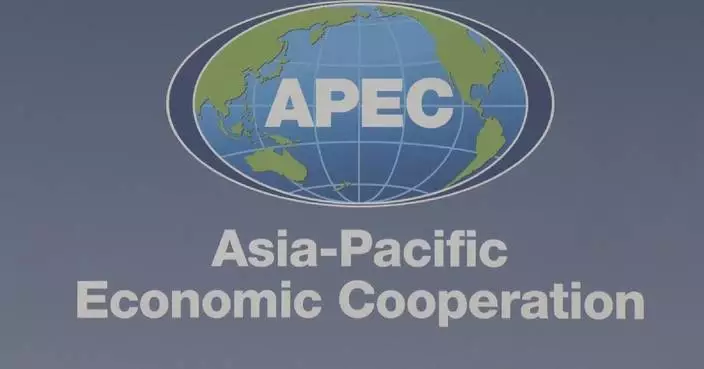China will offer over 120 free booths for the exhibitors from 37 least developed countries participating in this year's China International Import Expo (CIIE), said an official from the Ministry of Commerce on Wednesday.
Themed "New Era, Shared Future," the 7th CIIE will be held in Shanghai from Nov 5 to 10, the Ministry of Commerce announced at a press conference in Beijing.
Tang Wenhong, China's assistant minister of commerce, said that this year's CIIE will see participants from 152 countries, regions, and international organizations, including 37 least developed countries.
He reiterated China's commitment to expanding unilaterally opening up to the world's least developed nations.
"Starting from Dec 1, 2024, China will implement a zero-tariff policy on 100 percent of products originating from the least developed countries having diplomatic relations with China. The Ministry of Commerce will collaborate with relevant departments to support the least developed countries in making full use of this preferential treatment. We will provide skills training and support the development of cross-border e-commerce enterprises to cultivate new trade momentum. Through hosting events like the CIIE, we will build platforms and bridges for high-quality and unique products from the least developed countries to enter the Chinese market and the global market," Tang said.
"This year's CIIE will feature exhibitors from 37 least developed countries and we will provide over 120 free booths to support their participation. The exhibition area for African products at this year's CIIE will be further expanded, facilitating connections and negotiations between African exhibitors and Chinese buyers to help both parties reach more purchase agreements," said the assistant minister.

Over 120 free booths offered to exhibitors from 37 least developed countries at 7th CIIE





















































